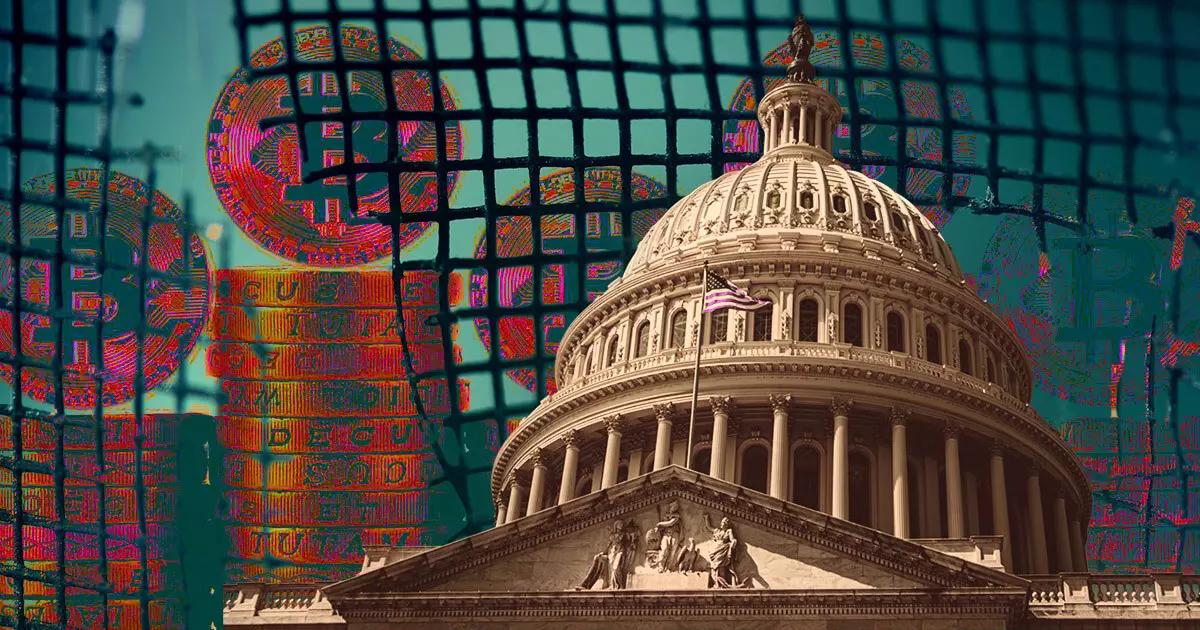An ongoing debate has emerged in the cryptocurrency community regarding the introduction of the Crypto-Asset National Security Enhancement and Enforcement Act (CANSEE) in the Senate. This bill aims to establish strict regulations for individuals involved in decentralized finance (DeFi). While the bipartisan bill has gained support from Democratic senators Jack Reed and Mark Warner, as well as Republican senators Mike Rounds and Mitt Romney, it has faced backlash from crypto advocacy groups, particularly CoinCenter.
CoinCenter, along with its executive director Jerry Brito, expressed strong opposition to the CANSEE bill in a statement released on July 20. The advocacy group described the proposal as “messy, arbitrary, and unconstitutional.” According to CoinCenter, if the bill becomes law, it would hold DeFi platform operators and major stakeholders accountable for any illegal activities conducted on their platforms.
Potential Impact on Individual Developers
One of the key concerns raised by CoinCenter is that the CANSEE bill extends sanctions penalties and Bank Secrecy Act (BSA) obligations to individual developers. The group argues that this would give the Secretary of the Treasury unprecedented authority in determining who has control over decentralized protocols. CoinCenter warns that such centralized control goes against the fundamental principles of decentralization.
Moreover, CoinCenter points out that the proposed exemptions provided in the bill do not adequately address these issues. The group highlights the potential overreach of the bill, suggesting that even those who publish books containing code could potentially face enforcement actions. CoinCenter acknowledges the government’s intention to combat money laundering but argues that the bill’s content-based approach restricts free speech and may have severe unintended consequences.
The Blockchain Association, another prominent crypto advocacy group, also published its response to the CANSEE bill on July 19. CEO Kristin Smith and the association assert that illegal transactions represent a negligible fraction (0.24%) of all crypto transactions in 2022. According to the group, existing laws and regulations provide authorities with sufficient powers to enforce the law effectively.
The Blockchain Association goes on to label the CANSEE bill as “unworkable” and claims that it is simply incompatible with the nature of digital asset technology. Instead, the association supports alternative efforts that specifically target illegal activities within the cryptocurrency space. These efforts include proposed amendments to a national defense bill, which aim to address potential risks associated with cryptocurrencies without compromising the innovation and potential benefits they offer.
The introduction of the CANSEE bill, if passed into law, could have significant ramifications for the future of decentralized finance. The strict regulations and increased responsibilities imposed on DeFi platform operators and stakeholders may deter innovation and hinder the growth of this rapidly evolving sector. Critics of the bill argue that it stifles the principles of decentralization and places undue burdens on individual developers.
As the debate continues, it remains to be seen how policymakers will strike a balance between preserving national security interests and fostering an environment that promotes innovation and growth within the cryptocurrency industry. The outcome of this legislative battle will undoubtedly shape the future landscape of decentralized finance and the broader crypto ecosystem.


Leave a Reply